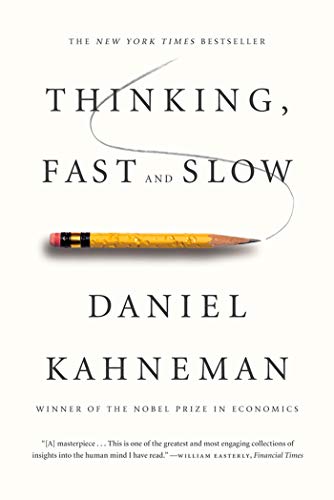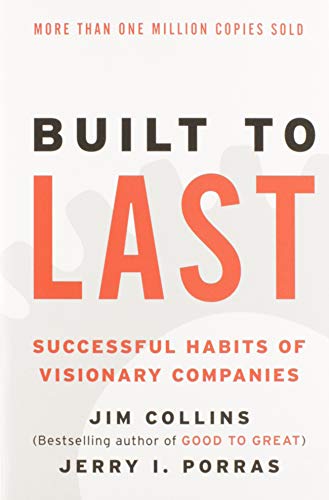Learn or Die
Think you might want to read this book?
In the dramatically titled Learn or Die, Edward Hess uses research and models to nudge our thinking on two topics: how we learn and how we can build organizations where learning is at the center of all we do. If you like analyzing topics such as self-efficacy, System 1 and System 2 thinking, and positive psychology’s impact on learning then Learn or Die will scratch those intellectual itches and more. For specific examples, there is a 78-page deep dive into Bridgewater Associates, Intuit Inc., and United Parcel Service as exemplars of organizations focused on continuous learning.
What Would Socrates Ask?
What if students interested in vastly different careers were given vastly different schedules, teaching/coaching, physical presence requirements, grading, etc? (e.g., those interested in the performing arts versus those interested in academia).
What if your senior administration team spent an entire year solely focused on learning about how their work a) is done at other schools and b) is written about in current research?
How do we instill a sense of “self-efficacy” in students, teachers, and administrators?
What if we valued face-to-face interaction so much that we never interrupted a live conversation because of a phone call - cell or otherwise?
What if all emails/memos were limited in length and face-to-face conversations were encouraged instead?
What if we all saw ourselves as being responsible for making those around us better?
How do we explicitly encourage a “culture of learning”?
Does your school have a healthy culture of accepting uncertainty?
Do we promote innovation and insights within our students, faculty, and administrative teams?
Is permission to fail (for everyone) obvious at our school?
Are decisions made collaboratively, data driven, and discussed with models as the driver for the discussion?
Does your school promote, inhibit, or seem neutral regarding the professional growth of teachers? Are there ways the process could be improved?
Research
Albert Bandura’s “self-efficacy” theory is our belief in whether or not we can do something.
Level 5 leaders are those who “blend extreme personal humility with intense professional will.”
50% of the impact of a message is conveyed by body movements, 38% by tone and 7% by the words. As a result we can show that we are engaged by periodically paraphrasing back to the speaker what they’ve said, summarizing their ideas in our own words and asking for more details of what they are saying.
Concepts
All organizations should strive to be an HPLO: High-Performance Learning Organization.
What makes learning hard is existing beliefs and ego defense mechanisms.
We can become more positive people by focusing on: 1- expressing gratitude every day to at least three people, 2- smiling, 3- writing in a daily journal and 4- focus on the good things in your life.
Fear has been called the “mother of all stresses”.
A good educational learning environment 1- fosters intrinsic motivation, 2- gives autonomy and control, 3- has good role models, 4- meets the needs of diverse learners, 5- looks like students on a journey of discovery, 6- has positive support while also having 7- positive challenges.
Be careful not to “pattern match” when thinking - don’t just look for the patterns that match your existing view.
“Mistake-based learning” does not occur quickly. People are not machines; they have emotions, feelings, and history.”
Quotes from the author
“… now more than ever, organizations and individuals must either be continuously learning, adapting, and improving, or risk professional obsolescence.”
“Positivity is a powerful, enabling force in learning.”
“Overall, to be a great learning organization, you need to select and then cultivate people who like or even love to learn.”
“If you want to be part of a learning organization, you must engage in effective learning conversations, because… learning is a team sport.”
“Treat everything you think you know as hypotheses to be constantly retested by new data.”
“A good critical thinker knows that all decisions are based on some incomplete data and that we have a tendency to discount or ignore disconfirming data.”
“There is an inverse relationship between the size of an organization and its ability to be innovative.”
“Change is cognitively and emotionally hard.”
“Good school learners are often bad mistake-based learners because they are bothered by their mistakes.”
“Get over ‘blame’ and ‘credit’ and get on with ‘accurate’ and ‘inaccurate.’”
Referenced books with the potential to impact leading and learning in education
The applicability of this book to education is ….
Resources
















